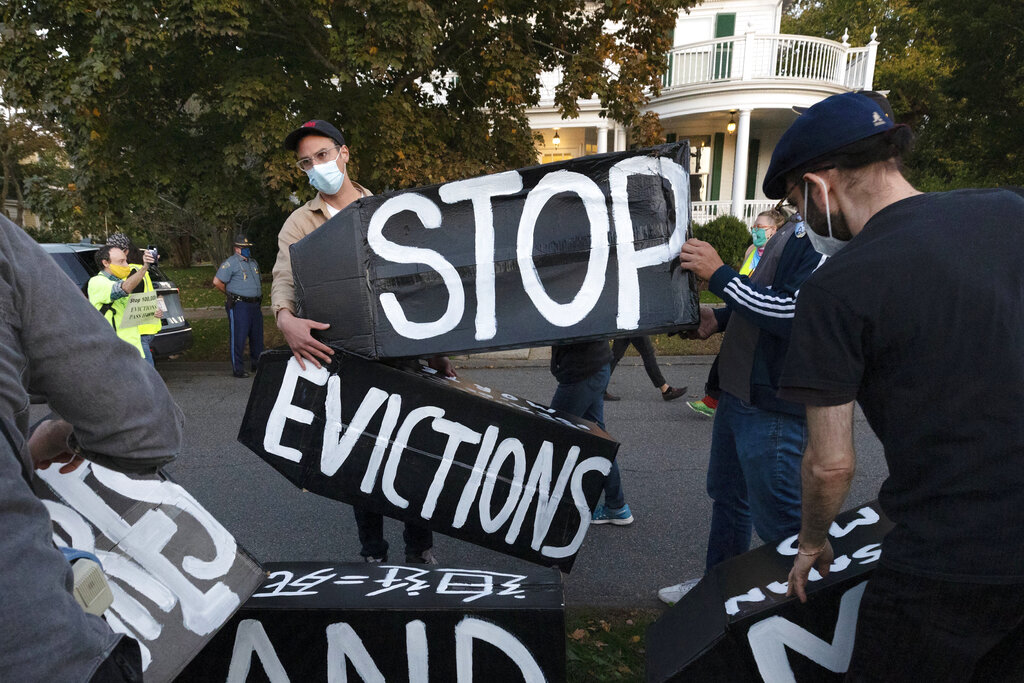Rental rates are climbing across the country, which has sparked controversy and tenant activism in many communities. In response, Pinellas County has taken action by implementing a Tenants Bill of Rights, which goes into effect countywide on Oct. 3. To ensure both residents and landlords are prepared for the change, Pinellas County is launching an educational campaign including a webinar and Q&A session scheduled for Wednesday, Sept. 21, 2022, at 1 p.m.
You can find detailed information about the Tenants Bill of Rights here.
Webinar information
The webinar will be hosted on Zoom and available in English with live Spanish interpretations. It will also include a brief presentation by county staff, followed by answers to frequently asked questions. Participants can submit questions before the webinar for consideration by Friday, Sept. 16, via email.
Related: New Affordable Pinellas County Housing Program Funds 270 Homes
The Pinellas County Board of County Commissioners voted in August to expand protections for vulnerable renters across the county with the passage Tenants Bill of Rights ordinance. The new ordinance will help educate tenants and landlords on their current rights and responsibilities, advance notice on rent increases and late fees; and prevent discrimination based on a renter’s source of income.
The Tenants Bill of Rights specifically adds the following protections for tenants:
- Requires landlords to provide all tenants with a notice of rights under Florida law and Pinellas County code
- Expands current County code to prohibit landlords from discriminating against rental applicants based on their source of income
- Requires landlords to give tenants advanced written notice of late fees and rent increases exceeding 5 percent
Pinellas County Code Enforcement and Consumer Protection will enforce the new provisions. There will be a $500 fine for each offense. They will apply countywide in all municipalities except for those that adopt their own provision inconsistent with the County or formally opt out. The City of St. Petersburg is the only municipality that already has a similar ordinance in effect.




























